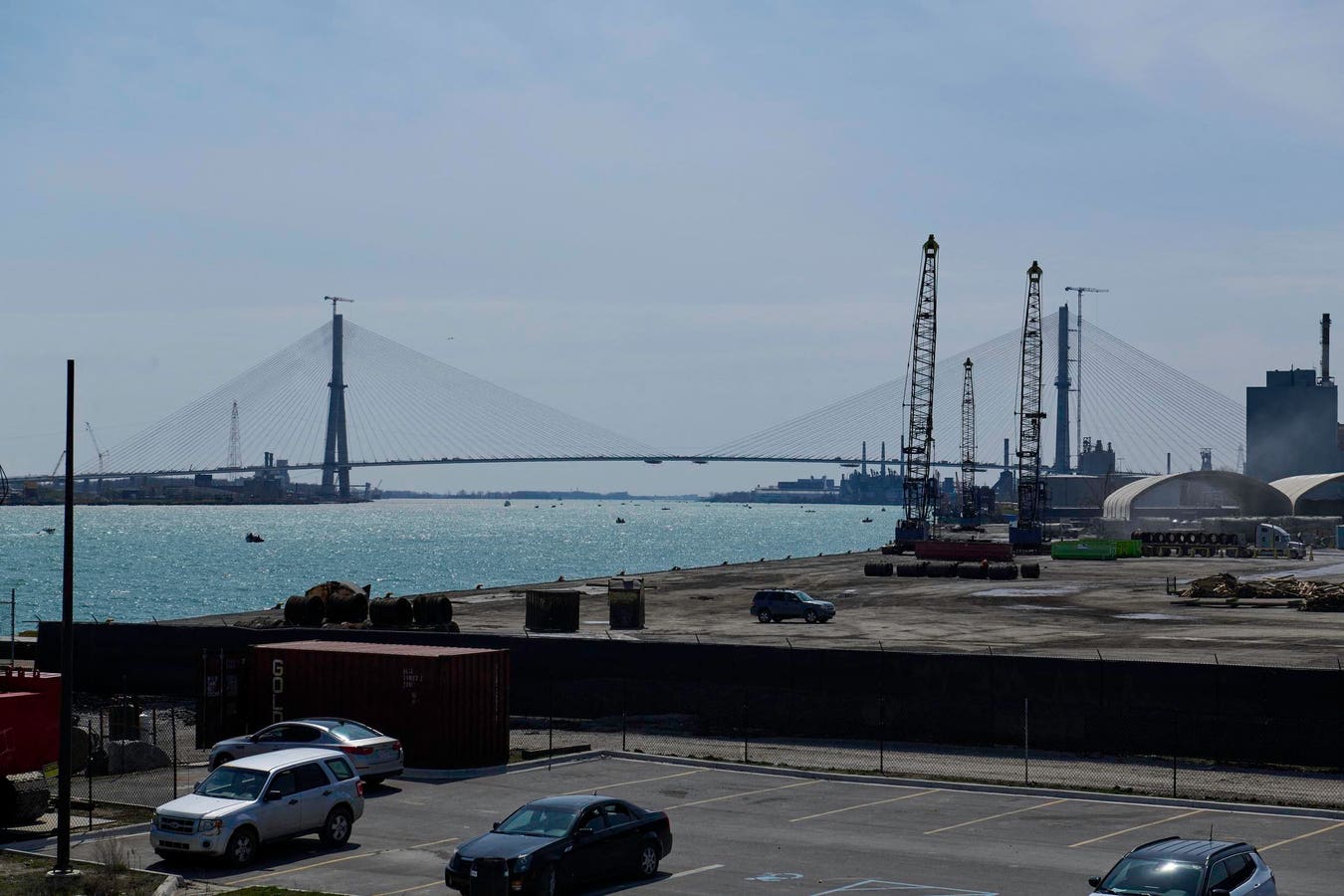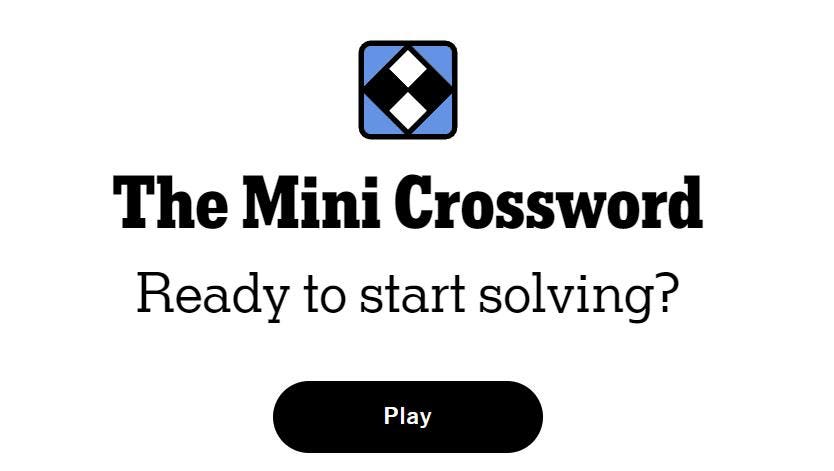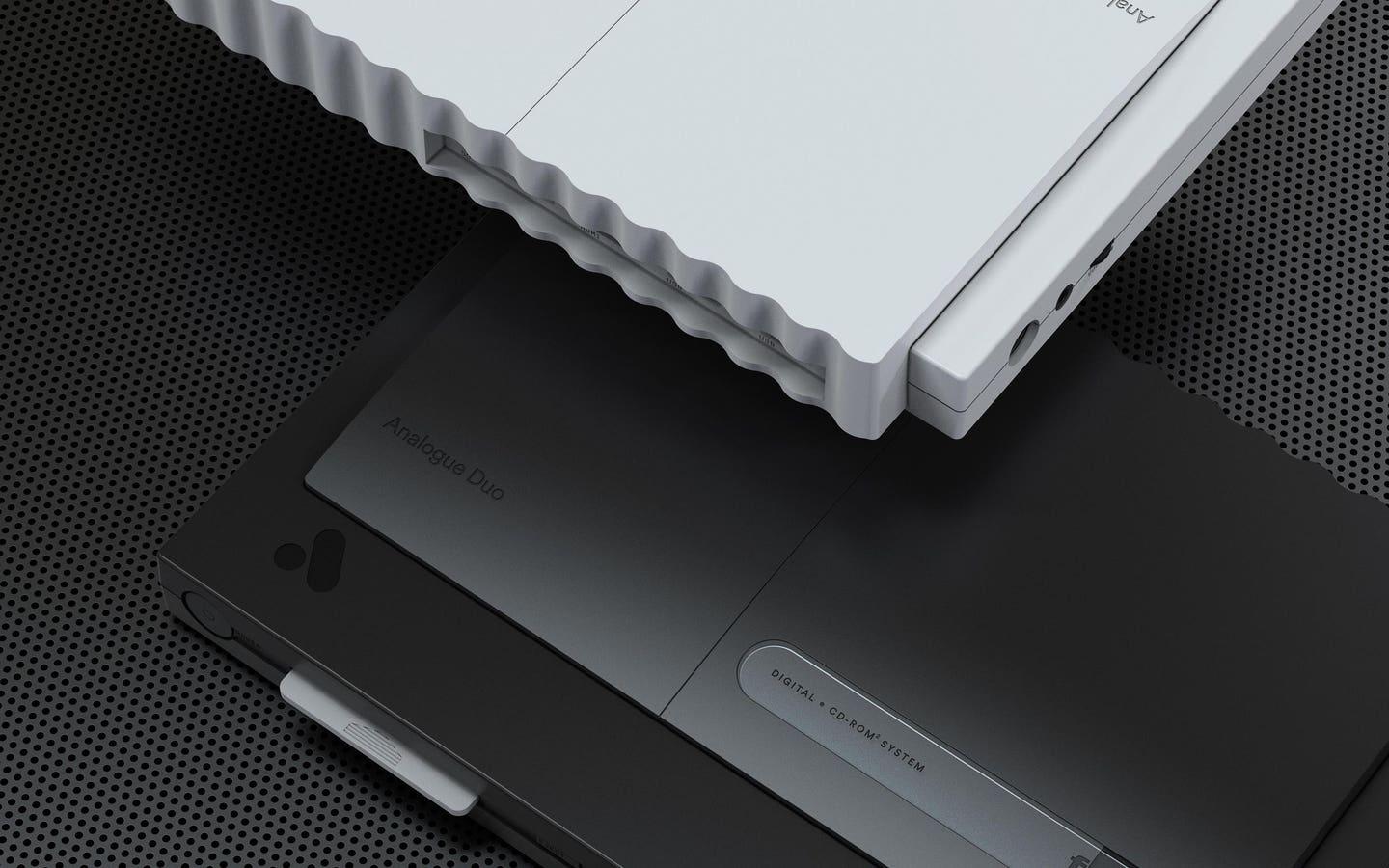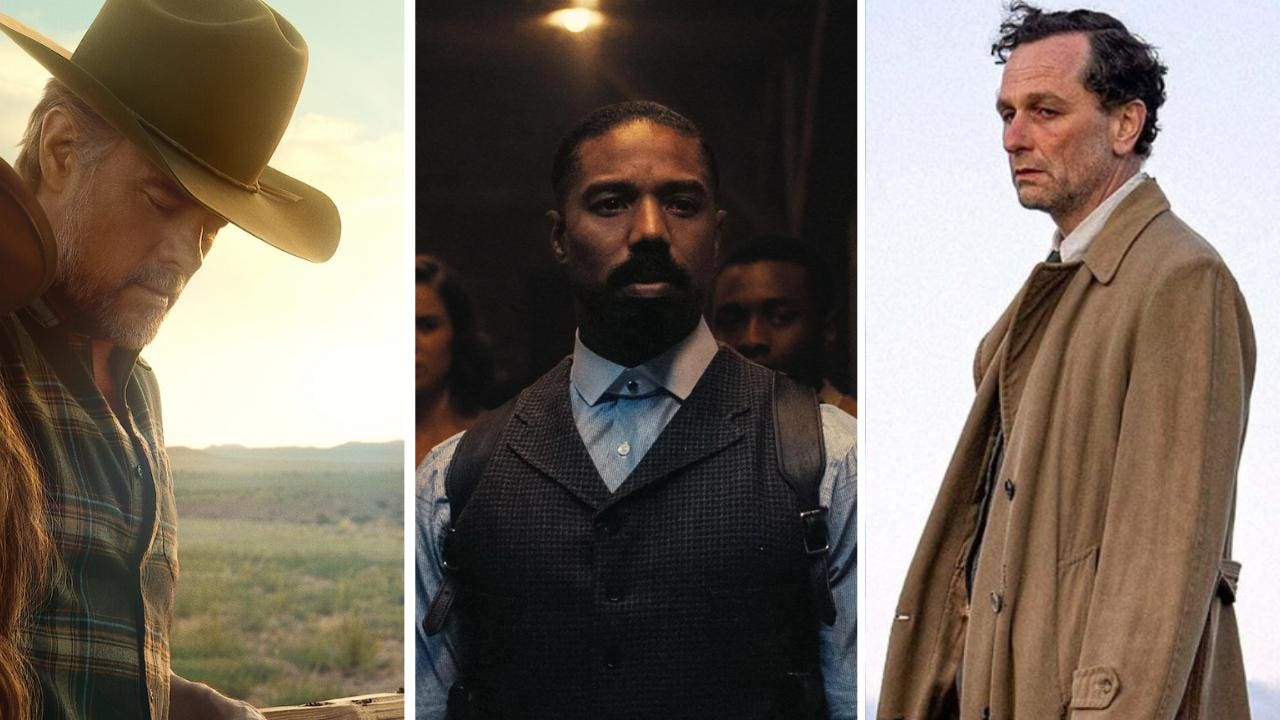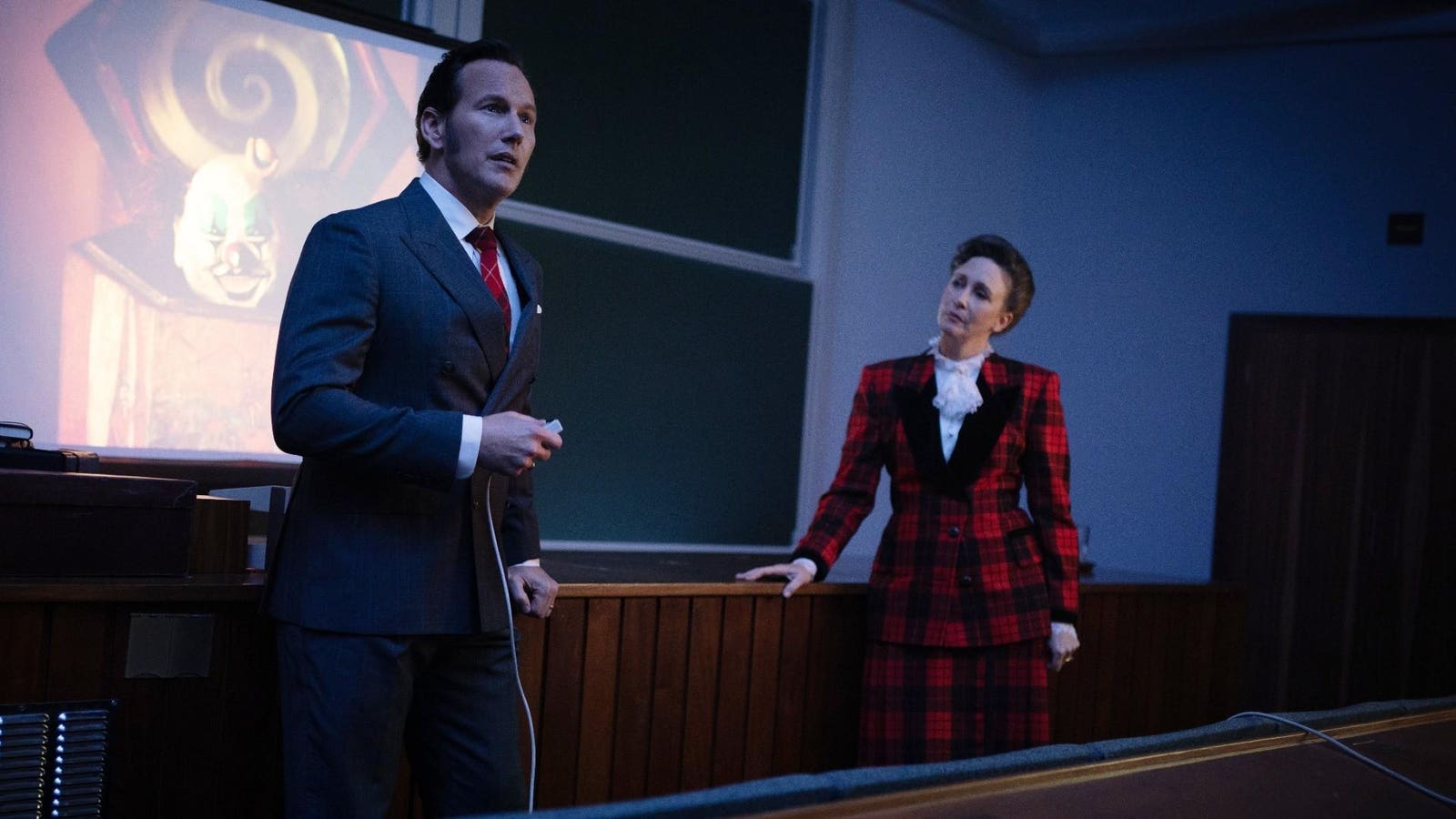DETROIT, APRIL 2025: Spanning the Detroit River, the Gordie Howe International Bridge will connect southern Detroit, Michigan, USA and Windsor, Ontario, Canada when completed. (Photo by Dominic Gwinn)
Middle East Images/AFP via Getty Images
Brian May, best known for being the lead guitarist of Queen, wrote “The biggest emotion in creation is the bridge to optimism.”
Ironically, per several recent announcements, the optimistic opening of the newly built Gordie Howe bridge spanning across the Detroit River between Detroit (USA) and Windsor (Canada) will now be delayed from the originally planned month, September 2025, until minimally Q1 2026. The last, significant final phase of the project involves testing and commissioning the ports of entry (which are controlled by the Canada Border Services and the U.S. Customs and Border Protection) as well as the physical bridge and its associated systems, which can uncover required upgrades before launching. U.S. Customs requires at least six (6) months of preparation, which has not yet begun.
This $4.7B USD ($6.4B) construction project – funded entirely by Canada, even for the portion on American soil – is seen as a needed upgrade to a crucial corridor between the two countries. Every year, nearly a trillion dollars of goods and services flows between two of the world’s largest trading partners (e.g., $916B USD in 2023, $909B in 2024) with 25% of that commercial trade traversing a singular, privately-owned, 1926 crossing called the Ambassador Bridge. For automotive in 2024, Canada imported $70.4B USD in light vehicles and $23.5B USD in auto parts while exporting $43.8B USD in light vehicles and $53.5B USD in auto parts.
Although the new bridge is unlikely to affect the trade balance, it will significantly reduce border wait times (by an estimated 18 to 20 minutes per crossing), reduce bottlenecks, and provide a redundancy in case of impediments. All of this either translates to lower vehicle costs for consumers or better margins for automakers.
That said, there has been a deafening silence from major automotive CEOs regarding the Gordie Howe International Bridge, likely due to volatility in the auto industry (e.g., electric vehicles), the trade policies (e.g., tariffs), and international relations. While the bridge’s benefits are not controversial, the broader issues certainly are.
Similarly, the Windsor-Detroit Bridge Authority (WDBA) has been quiet about specific details regarding the delayed opening. As Heather Grondin, the Chief Relations Officer of the WDBA said in a SAA webinar on August 20th, “The team working on this project is working through a very exciting time, with construction completion anticipated this Fall, and Opening Day to take place thereafter.”
And so just like many things in 2025, we wait in hopeful silence.
Author’s Note
In a 1994 interview, Gordie Howe (a.k.a. “Mr Hockey”) stated “I went to the rink … wondering how I was gonna get a guy ‘cause he got me last game. If that’s toughness then, yeah, I was tough. I didn’t want to be on the losing side of anything.”
That metaphor of resilience was remembered by Canadians in February. Instead of recalling the bridge’s namesake as the Hall of Famer who bridged the two countries (as a Canadian-born NHL hockey player mostly for the Detroit Red Wings), the country embraced Howe’s mantra of “elbows up”: a boycotting rally cry while President Trump hit Canada with tariffs and mused about it becoming the 51st state.
While this sentiment lasted for six months, Canadian Prime Minister Mark Carney stated on August 23rd that Canada was shifting away from an ‘elbows up’ trade war strategy while removing Canada’s matchings tariffs on September 1st. “There is a time in a [hockey] game … when you go hard in the corners with your elbows up. There’s a time in a game when you drop your gloves in the first period and you send a message. And we’ve done that. But there’s also a time … where you want the puck, you want to stick handle, you want to pass, you want to put the puck in the net. And we’re moving later into [that portion] of the game.”
Maybe along those lines, Howe uttered during that same 1994 interview that “Basically, if I was hit and hit clean, I [probably] forgot about it.”
Let’s hope all of Canada sees it that way.

